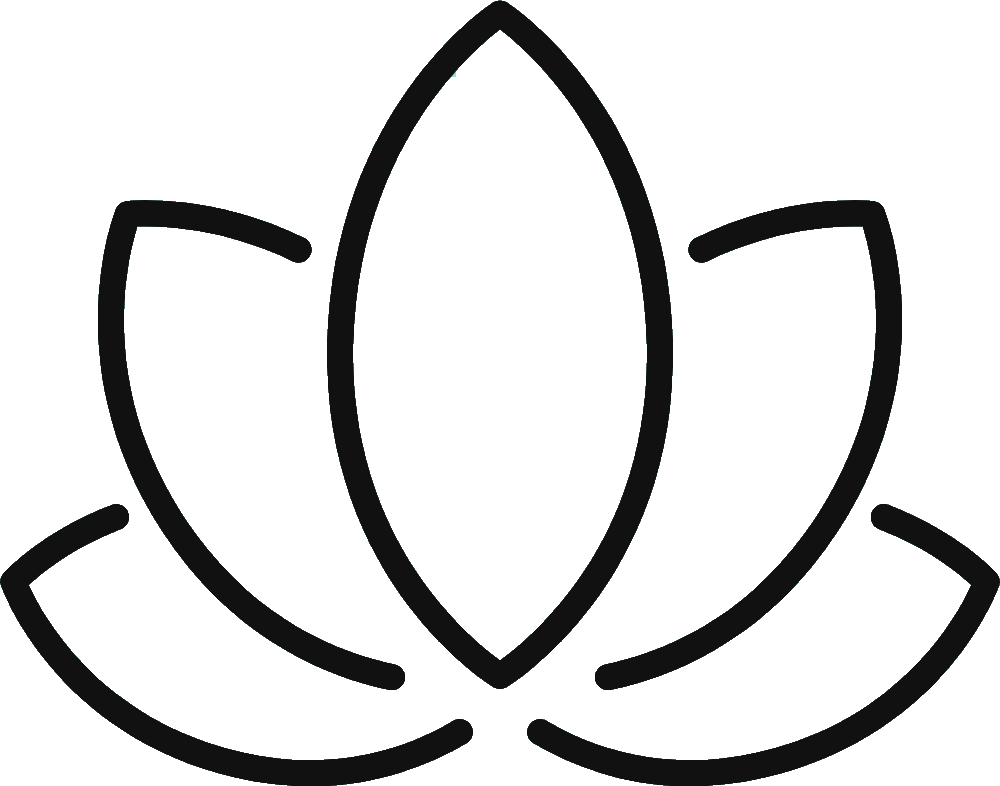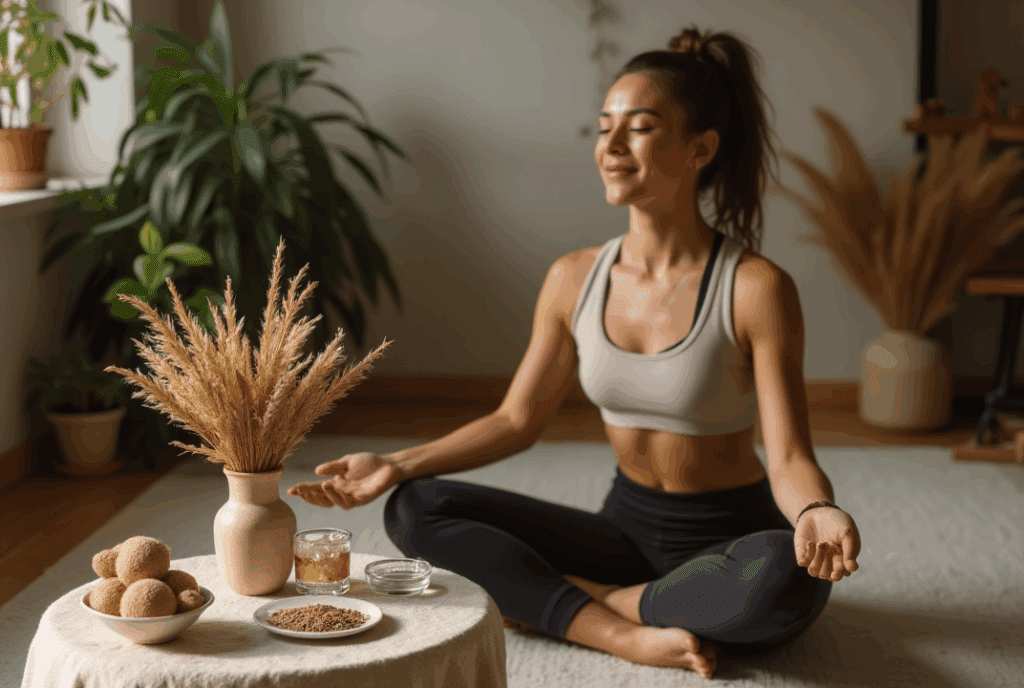In our fast-paced world, finding moments of calm can feel like a challenge. We often turn to herbal remedies for relaxation, seeking natural ways to soothe our minds and bodies. Herbs like chamomile and lavender have gained popularity for their calming effects. But what makes these plants effective? As we explore the top herbs for relaxation, we’ll uncover the science behind their soothing properties and how they can fit seamlessly into our daily lives.
Why Herbal Remedies Remain Popular for Relaxation
Herbal remedies have stood the test of time, and we can see why they remain popular for relaxation. Rooted in a rich herbal tradition, these natural solutions have been passed down through generations, showcasing their effectiveness in soothing our minds and bodies. Across various cultures, herbs have held significant cultural significance, often intertwined with rituals and practices that promote well-being.
When we turn to these age-old remedies, we connect with our ancestors who relied on nature’s bounty for peace and tranquility. Their wisdom reminds us that we can find comfort in the simplicity of plants, offering us a gentle escape from modern life’s chaos.
Top Relaxing Herbs and Their Natural Benefits
When we seek relaxation, turning to nature’s most soothing herbs can truly make a difference. One of our favorites is chamomile, known for its calming properties and ability to promote sleep. Lavender is another powerful ally; its aroma helps us unwind and reduces anxiety. We also love incorporating valerian root into our evening routines, as it can help us ease tension and enhance our relaxation techniques.
For a delightful herbal blend, we can mix chamomile and lavender for a calming tea. Additionally, combining lemon balm with passionflower creates a soothing infusion that supports tranquility. These herb combinations not only taste wonderful but also work synergistically to promote relaxation.
How Herbal Compounds Promote Calmness
Understanding how these herbs work can deepen our appreciation for their calming effects. Herbal compounds interact with our body in various ways, helping us unwind and find tranquility. Here’s how they promote calmness:
- Balancing neurotransmitters: Some herbs help regulate serotonin and dopamine levels, enhancing our mood.
- Reducing cortisol: Certain compounds lower stress hormones, alleviating feelings of anxiety.
- Promoting relaxation: Herbs like chamomile and lavender induce a soothing state, making it easier for us to relax.
- Enhancing sleep quality: By calming the mind, these herbal compounds can improve our overall sleep patterns.
- Supporting the nervous system: Many herbs nourish and strengthen our nervous system, making it more resilient to stress.
Research Behind Herbal Solutions for Stress and Anxiety
As we explore the research behind herbal solutions for stress and anxiety, we find a growing body of evidence supporting their effectiveness. Numerous clinical studies have examined the impact of various herbs, revealing promising results. For instance, studies on ashwagandha demonstrate its ability to lower cortisol levels, which can help reduce stress. Similarly, valerian root has been shown to improve sleep quality, indirectly alleviating anxiety.
Moreover, chamomile’s calming properties have garnered attention in clinical trials, confirming its herbal efficacy in reducing anxiety symptoms. Research on passionflower also highlights its effectiveness in treating generalized anxiety disorder.
These findings encourage us to consider herbal solutions as viable options for managing stress. While more research is needed, the current evidence suggests that incorporating specific herbs into our wellness routines can support mental well-being. Ultimately, understanding these studies empowers us to make informed choices about our stress management strategies.
Ways to Incorporate Relaxing Herbs Into Your Daily Routine
Incorporating relaxing herbs into our daily routine can be a simple yet effective way to enhance our well-being. By making small adjustments, we can enjoy the calming benefits of these herbs throughout our day. Here are some ways we can do this:
- Brew herbal teas like chamomile or lavender to sip during our morning or evening rituals.
- Add fresh herbs, such as mint or lemon balm, to our smoothies for a refreshing twist.
- Use aromatherapy blends with essential oils like bergamot or ylang-ylang in a diffuser while we work or unwind.
- Create herbal bath sachets using dried herbs to enhance our bath experience.
- Prepare calming herbal-infused honey to sweeten our beverages naturally.
Safety Tips When Using Herbs for Relaxation
While we revel in the calming effects of herbs, it’s crucial to prioritize safety to ensure a positive experience. First, let’s pay attention to herb dosage; using the right amount is vital. Too much can lead to unwanted side effects, while too little might not provide the relaxation we seek. We should always start with a small dose and gradually increase it if necessary.
Next, we need to be aware of potential allergic reactions. Before trying a new herb, it’s wise to conduct a patch test or consult with a healthcare professional, especially if we have a history of allergies. Some herbs can interact with medications, so checking with a doctor is a smart move.
Are Relaxing Herbs Right for Your Lifestyle?
Understanding the safety tips for using herbs sets the stage for evaluating whether they fit our lifestyle. As we explore an herbal lifestyle, we should consider how relaxing herbs can enhance our well-being. Here are some factors to think about:
- Our daily routines: Do we have time for herbal practices?
- Personal preferences: Do we enjoy teas, tinctures, or capsules?
- Goals: Are we looking for quick relief or long-term relaxation benefits?
- Health conditions: Do we need to consult a healthcare professional?
- Social aspects: Can we incorporate these herbs into gatherings with friends?




